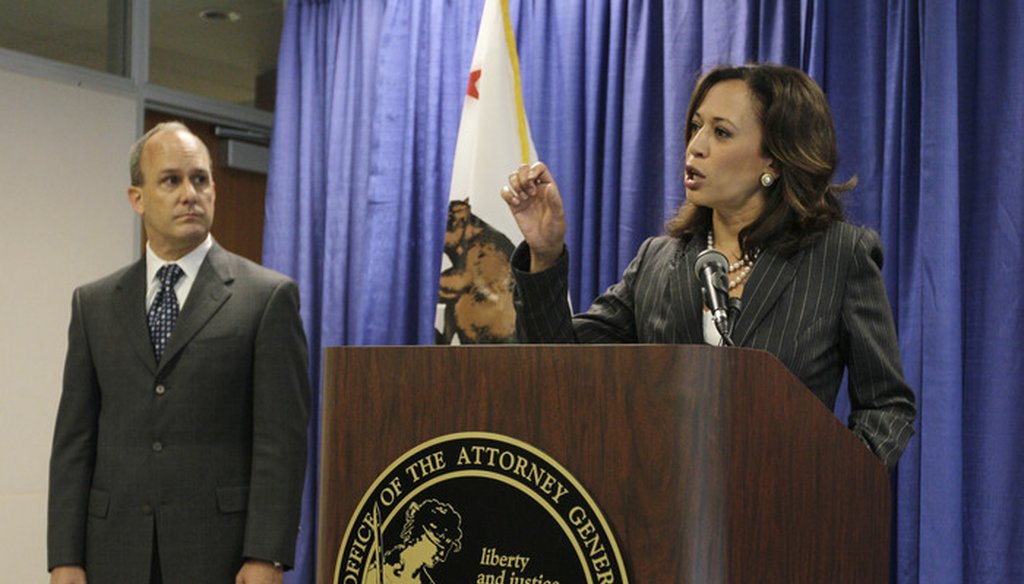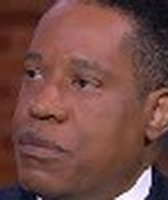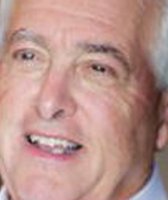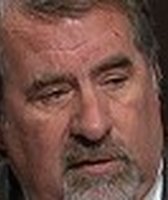Stand up for the facts!
Our only agenda is to publish the truth so you can be an informed participant in democracy.
We need your help.
I would like to contribute

U.S. Sen. Kamala Harris, D-Calif., served as California attorney general from 2011 through 2016, and before that as San Francisco district attorney. Associated Press file photo.
If Your Time is short
-
As California’s attorney general, Kamala Harris was labeled “cautious” and “deliberate” on some criminal justice reform issues.
-
Some legal experts say Harris, in her role as AG, was legally and ethically constrained and could not set the state’s policy priorities.
-
Others say Harris had the power to make more change but chose not to.
California Sen. Kamala Harris is known for taking bold stands on criminal justice reform in Congress and has vowed to do the same as Joe Biden’s running mate.
But that was not always the case. As the California attorney general and San Francisco district attorney before that, Harris was often labeled in news articles and op-eds as "deliberate" and even "cautious to a fault" on reform issues.
During her time as AG, Harris refused to take public positions on state ballot measures to decriminalize marijuana, reduce criminal sentences and abolish the death penalty, which Harris has long said she personally opposes. She also stayed silent on Assembly Bill 86, which would have required the attorney general’s office to appoint a special prosecutor to examine fatal shootings by the police.
Harris explained in an MSNBC interview last year that her resistance stemmed from her own fight as San Francisco’s top prosecutor to exercise discretion over an investigation into the shooting death of a police officer. In what’s believed to be the first time she’s publicly acknowledged her shift in position, she said in the same May 2019 interview that police shootings should undergo independent investigations rather than having local district attorneys handle them.
During her three years in the U.S. Senate, Harris has shifted on other positions, too. She now favors legalizing marijuana nationwide, ending cash bail and placing a moratorium on the federal death penalty.
Critics say Harris should have taken these positions long ago and is only doing so now because it’s "trendy," as one criminal justice advocate wrote in a widely-shared New York Times op-ed last year. And some legal experts say there was nothing that blocked her from speaking out as an elected prosecutor.
However, other experts say it is more complicated. They say Harris chipped away at inequities in the criminal justice system but was constrained in how much she could do or say.
Mary-Beth Moylan, associate dean at McGeorge Law School in Sacramento, said the overly cautious label is not entirely fair. In her role as AG, Harris was not in charge of setting California’s priorities.
"To me, a number of the positions that I think she’s been able to take as U.S. Senator were ones that I don’t think she could have or should have taken as attorney general," Moylan said, citing legal and ethical barriers.
As AG, Harris represented the state and was bound to defend existing laws and policy, Moylan added. One example is the state’s death penalty law, which Harris defended in court.
"So, there’s an attorney-client relationship there," she said. "And there’s also a clear distinction in the California constitution that the governor sets the state policy. So the attorney general needs to be subordinate in terms of making policy statements to the governor. And then also needs to be the lawyer for the governor and the other constitutional officers and so can’t get kind of out ahead of or sideways to their policies."
Harris’ supporters point to several of her achievements as a prosecutor as evidence she worked to improve the criminal justice system. They include:
• The Back On Track program Harris created in San Francisco in 2005, which was designed to help nonviolent, first-time drug offenders transition back to their communities and prevent recidivism.
• Her 2015 launch as AG of Open Justice, a criminal-justice open-data initiative that provides information on deaths in police custody, including those that occur during arrests, as well as arrest rates by race and ethnicity. It also provides data on officers who are killed or assaulted on the job.
• Her creation of the first statewide implicit bias training for law enforcement personnel in 2015. It called for a focus on six areas of policing that "emphasize respect, listening, neutrality and trust, while recognizing and addressing implicit biases that can be barriers to these approaches," according to a news release at the time from the AG’s office.
Still, other legal experts say Harris had the power to make more change as AG, but failed to use it.
Irene Joe, a UC Davis law professor who has tracked Harris’ career, says she could have refused to defend the death penalty law and voiced stronger opinions.
"As the attorney general, as a prosecutor, you are permitted to take whatever steps," are necessary, Joe said. "We rely on their discretion. So, she certainly could have taken a step to not support that."
Harris had promised voters she would uphold California’s death penalty law during her run for AG.
Gabriel Chin, also a UC Davis law professor, added in an email that "DAs and AGs routinely state their opinions and lobby on policy proposals pending before legislatures and the voters. As experts in the criminal justice system, it would make no sense for them not to propose legislation and comment on it."
Lateefah Simon is a civil rights activist who worked for Harris when she was San Francisco’s DA. Simon said Harris could not overturn all the wrongs of the criminal justice system at once.
"She was trying to undo slowly a system that had been burdening communities of color for generations," Simon said on CapRadio’s Insight program this week.
Experts also acknowledged that law enforcement’s conservative culture may have contributed to Harris’ reticence.
"It is very common for prosecutors to do everything they can to maintain good relations with law enforcement agencies, because they depend on working closely with them to investigate cases and make arrests," Chin wrote.
Related:
Kamala Harris: Criminal justice reformer, or defender of the status quo? The record is mixed
Kamala Harris Is Biden's VP Pick. Here's A Closer Look At Her Record In California.
Harris did not call Biden a racist during her busing attack
Did Kamala Harris flip-flop on independent probes of police shootings?
Our Sources
Mary-Beth Moylan, associate dean, McGeorge Law School, video interview Aug. 12, 2020
Irene Joe, UC Davis law professor, video interview Aug. 12, 2020
Lateefah Simon, civil rights activist, CapRadio Insight interview Aug. 12, 2020
Gabriel Chin, UC Davis law professor, email interview Aug. 12, 2020
PolitiFact California, Kamala Harris: Criminal justice reformer, or defender of the status quo? The record is mixed, Jan. 29, 2020
CapRadio, Kamala Harris Is Biden's VP Pick. Here's A Closer Look At Her Record In California., Aug. 11, 2020
PolitiFact California, Did Kamala Harris flip-flop on independent probes of police shootings?, May 23, 2020
Sacramento Bee, Kamala Harris picks her fights as criminal justice crusader, May 1, 2016
Lara Bazelon, op-ed in The New York Times, "Kamala Harris Was Not a ‘Progressive Prosecutor.’" Jan. 17, 2019
Courthouse News Service, Harris Vows to End Death Penalty, Money Bail as President, Sept. 9, 2019
















































